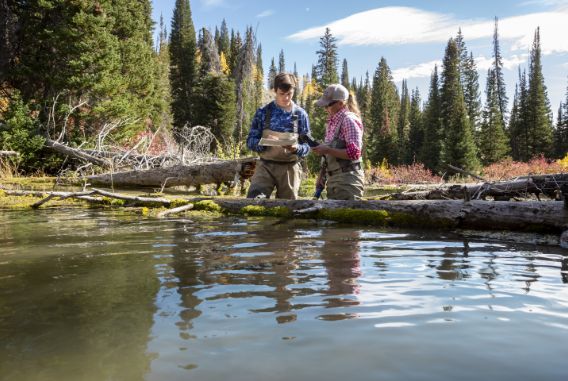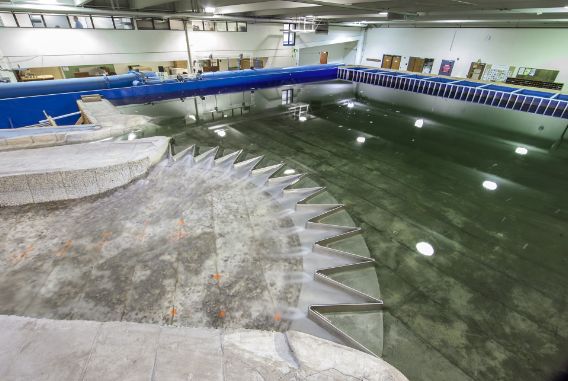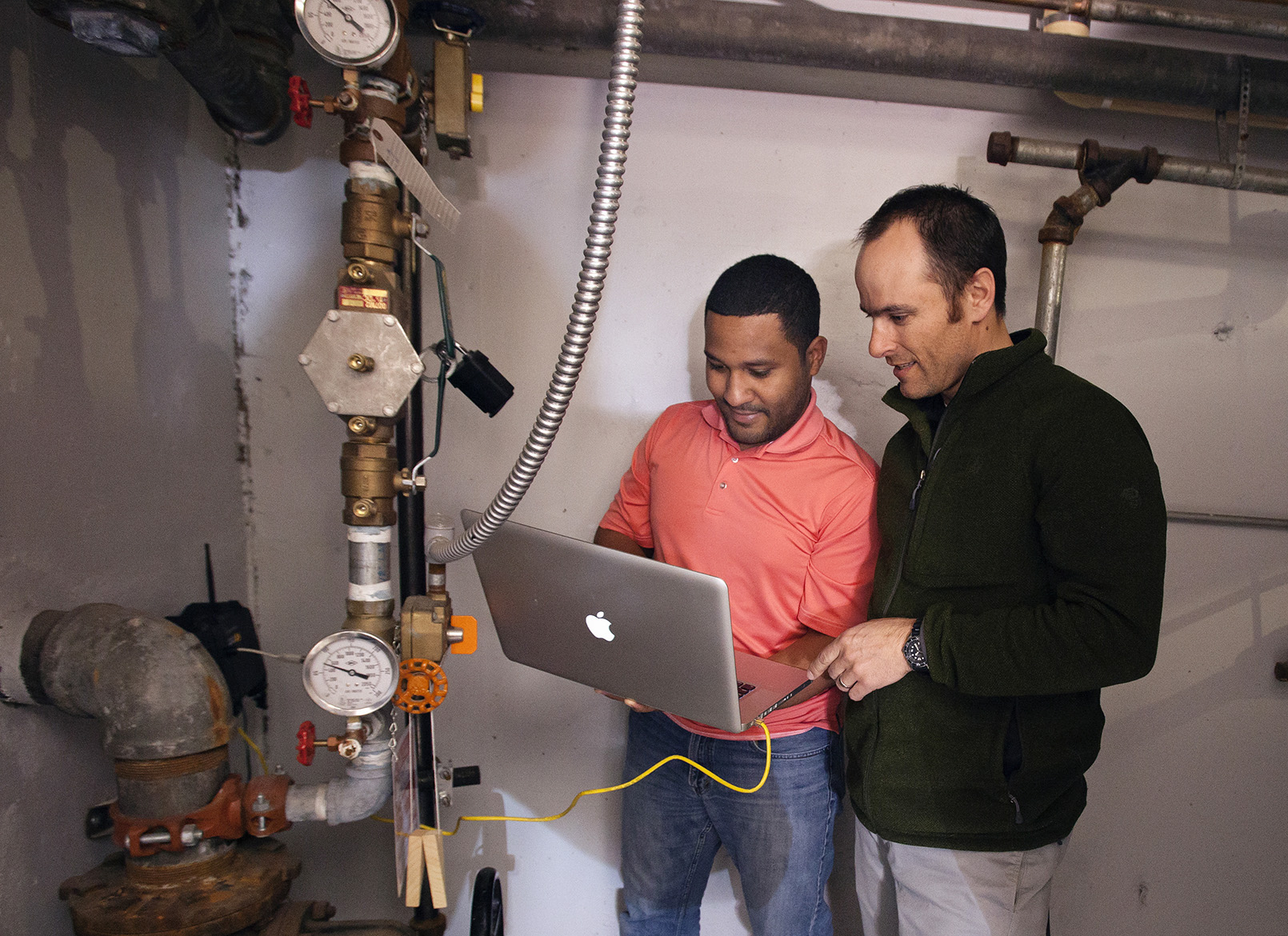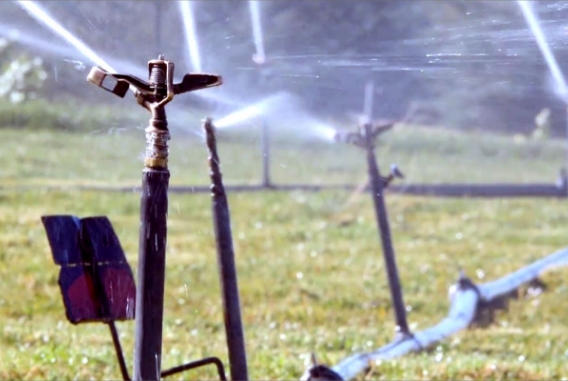Water related research at the Utah Water Research Laboratory is highly interdisciplinary but is focused on four primary research areas: Hydrology and Water Resources, Hydraulics, Intelligent Water Systems, and Irrigation. While all of these areas overlap, each covers specific topics.
Research Areas
Hydrology & Water Resources

Hydrology is a branch of geoscience concerned with the origin, distribution, movement, and properties of waters of the earth. This includes fluid flow and transport of contaminants in the subsurface environment. Past and present research focuses on a broad spectrum of hydrologic problems. These range from quantifying snow distribution and melt, rainfall and infiltration processes, floods, droughts, terminal lake responses, soil erosion, and groundwater/surface water exchanges. Additionally, modeling tools have been developed and/or applied to investigate stream water quality, groundwater contamination characterization and remediation, and complete watershed responses. Water Resources Engineering draws on principles from hydrology, fluid mechanics, hydraulics, environmental engineering, economics, ecology, political science, and other disciplines in the design and operation of projects and nonstructural methods for water resources planning and management. Research in this area focuses on simulation and optimization modeling and hydroinformatics to improve the planning, design, and operation of water systems over different spatial scales (e.g., individual users or transboundary river basins).
Hydraulics

Hydraulics and Fluid Mechanics cover both fundamental principles and theory and their applications in a variety of engineering fields to solve societies’ water challenges. Specific topics can include theoretical fluid mechanics, hydraulic design, open channel hydraulics, fluvial hydraulics, sedimentation, transients, municipal water systems, numerical methods, and various numerical and physical modeling techniques. Current research in this area includes fundamental and applied research in hydraulic structures including flooding, sedimentation and scour, two-phase flows, failure modes, incidents, public safety, and hydraulic design; advanced instrumentation and experimental techniques; flow meters; gates and valves; energy dissipators; and hydromachinery including pumps and turbines.
Intelligent Water Systems

This emphasis area connects the intelligent design, monitoring, and management of water systems for the multiple water supply, agricultural, ecosystem, and other purposes and uses for which these systems are operated to benefit society. Research and work in this emphasis area includes urban water demand management, agricultural water management, reservoir management, stormwater management, drought management, river basin planning, and water management to enhance ecosystems. The emphasis also includes the design of data collection, management, visualization, and analysis systems to support management.
Irrigation

Irrigation Engineering involves the management of water applied to agricultural and other developed lands for the growth of crops and other vegetation. Applications may include the design, operation, and management of on-farm irrigation systems and irrigation water distribution canal, pipeline, and pumping systems and their relationship to water resources quantity and quality. Current research areas include precision irrigation management, remote sensing, crop water use, irrigation system performance, water use optimization, interactions between irrigation and hydrologic systems, and water use of alternative crops.

